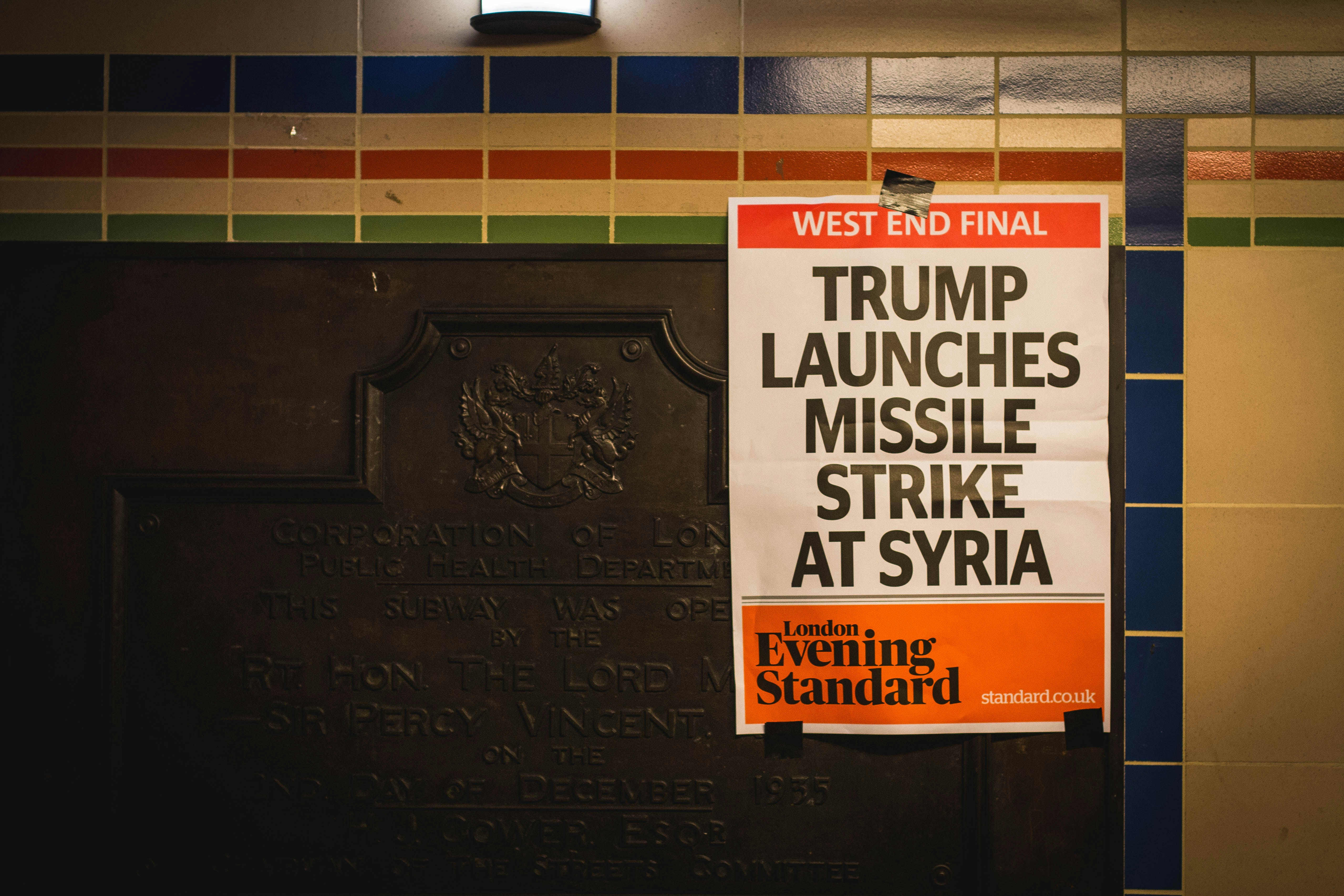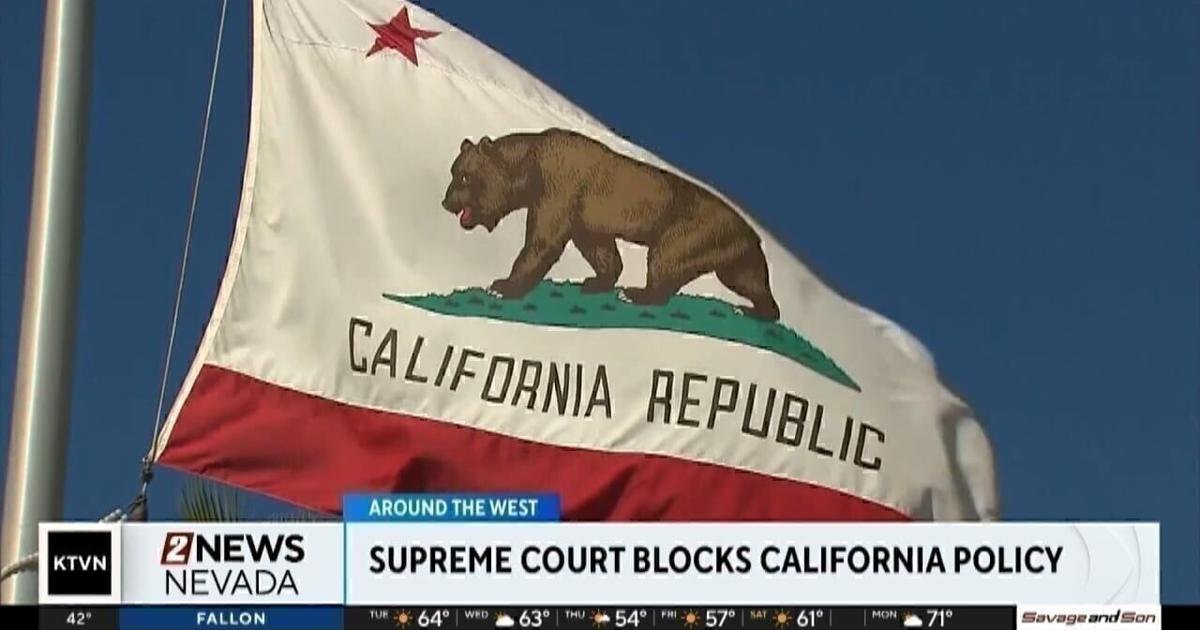Background of the Iran Deal and Trump’s Withdrawal
The Joint Comprehensive Plan of Action (JCPOA), commonly referred to as the Iran Deal, was a landmark agreement reached in July 2015 between Iran and six world powers: the United States, the United Kingdom, France, Germany, Russia, and China. The primary objective of the JCPOA was to ensure that Iran’s nuclear program would be utilized for peaceful purposes, thereby restricting its ability to develop nuclear weapons. Under the agreement, Iran agreed to significantly limit its nuclear activity, including reducing its stockpile of enriched uranium and allowing extensive monitoring by the International Atomic Energy Agency (IAEA).
In May 2018, President Donald Trump announced the United States’ unilateral withdrawal from the JCPOA, a controversial decision that has sparked extensive debate and criticism. The Trump administration criticized the agreement on several grounds, arguing that it was fundamentally flawed. They contended that the JCPOA did not adequately address Iran’s ballistic missile program or its regional activities, particularly its support for proxy groups in the Middle East. Additionally, officials in Trump’s administration expressed concerns that the deal’s sunset clauses, which would eventually lift certain restrictions on Iran’s nuclear program, posed a long-term threat to regional stability and U.S. security interests.
The withdrawal was met with significant backlash from other signatory nations, with many arguing that the U.S. departure from the deal undermined diplomatic efforts to prevent nuclear proliferation. Following the exit, the U.S. reinstated economic sanctions on Iran, targeting sectors crucial to its economy, such as oil exports. This action led to escalated tensions between the U.S. and Iran, with Iran retaliating by resuming certain nuclear activities prohibited under the agreement. As a result, relations between the United States and Iran have since deteriorated, raising concerns over the future dynamics of international relations in the region.
Escalation of Tensions: Trump’s Military Actions Against Iran
The relationship between the United States and Iran witnessed a significant deterioration following President Donald Trump’s withdrawal from the Joint Comprehensive Plan of Action (JCPOA), commonly known as the Iran Deal, in May 2018. This withdrawal marked a pivotal shift in U.S. foreign policy and subsequently led to a series of military confrontations that intensified tensions between the two nations. Trump’s administration adopted a strategy characterized by maximum pressure against Iran, implementing severe economic sanctions that aimed to curtail Iran’s nuclear ambitions and influence in the region.
In response to perceived threats posed by Iran, the Trump administration initiated a series of military actions which included targeted airstrikes. A notable incident occurred in January 2020 when a U.S. drone strike resulted in the assassination of Iranian General Qassem Soleimani. This event escalated hostilities significantly, prompting Iran to retaliate with missile strikes on U.S. military bases in Iraq. The implications of these military actions raise critical legal and constitutional questions regarding the authority of the President to engage in military operations without prior Congressional approval. The War Powers Resolution of 1973 asserts that Congress must authorize military force, yet the Trump administration argued that such actions were justified under existing authorizations granted in the aftermath of the September 11 attacks.
This situation highlights a contentious aspect of U.S. domestic policy, as the exercise of executive power in military engagement has been a longstanding debate. Critics of Trump’s actions argued that bypassing Congressional input undermines democratic checks and balances, potentially leading to unchecked escalation of conflict. The ramifications of these military decisions not only impacted U.S.-Iran relations but also influenced broader regional stability in the Middle East, raising concerns about the potential for further military interventions and the complex geopolitical landscape resulting from this confrontation.
Democratic Response and Calls for Impeachment
The military actions taken by President Donald Trump against Iran sparked significant backlash from the Democratic Party, leading to claims of unconstitutional behavior and serious concerns regarding the President’s adherence to established legal frameworks, such as the War Powers Act. Following the drone strike that killed Iranian General Qassem Soleimani in January 2020, many Congressional Democrats voiced their opposition, arguing that such actions escalated tensions dangerously and bypassed essential checks and balances inherent in American governance.
In a series of public statements, prominent Democratic leaders outlined their view that Trump’s unilateral decision-making over military engagements infringed upon Congressional authority. They emphasized the necessity of a collaborative approach to matters of war and peace, invoking the War Powers Act which necessitates that the President consult Congress promptly regarding military decisions. This led to numerous calls for impeachment from factions within the party, which posited that Trump’s actions represented a broader pattern of executive overreach and disrespect for the legislative branch’s role in safeguarding constitutional democracy.
Debate surrounding the impeachment discourse illuminated differing perceptions of presidential military authority. Proponents of impeachment articulated that Trump’s decisions not only threatened national security but also set a precedent for the executive branch to operate unchecked, potentially undermining future legislative oversight. Conversely, opponents of impeachment characterized the move as a partisan tactic lacking constitutional merit, arguing that Presidents have historically engaged in military operations without prior Congressional approval under certain circumstances, particularly in response to immediate threats. This division revealed deep-seated ideological disagreements about the limits and responsibilities inherent in presidential power, exacerbating tensions between the two parties and shaping the political landscape leading up to the 2020 elections.
Implications for Future U.S. Foreign Policy and Presidential Authority
The impeachment controversies surrounding Donald Trump’s decisions regarding Iran have far-reaching implications for the future of U.S. foreign policy, particularly in relation to presidential authority. These events have highlighted the ongoing struggle between the executive and legislative branches concerning the power to initiate military action and manage international engagements. The actions taken by President Trump raise significant questions about the extent of executive power in foreign affairs and whether Congress will assert its constitutional role more vigorously in the wake of these controversies.
Moreover, the bipartisan support that may have traditionally existed for military interventions could potentially shift as lawmakers reflect on the precedents set during this period. As Congress contemplates its resource allocation and the approval process for military actions, there may be a move toward a more stringent scrutiny of presidential decisions in contexts similar to those presented by Iran. Such developments could see legislative bodies bolstering their powers to influence or even curb presidential military authority, indicating a potential reevaluation of the balance of power established by the Constitution.
Additionally, these events prompt broader considerations regarding the evolving nature of war powers in a contemporary context characterized by asymmetric threats and global interconnectedness. The complexities of modern warfare—marked by cyber threats, terrorism, and transnational conflicts—demand a reexamination of how military actions are authorized and executed. Discussions around these topics are likely to intensify, revealing an urgent need for clear frameworks that define the roles of both branches in pursuing national security strategies.
In this light, the implications of Trump’s tenure on U.S. foreign policy toward Iran are profound. They could very well reshape not only future interactions with other countries but also redefine the landscape of presidential authority in the arena of foreign policy moving forward.





